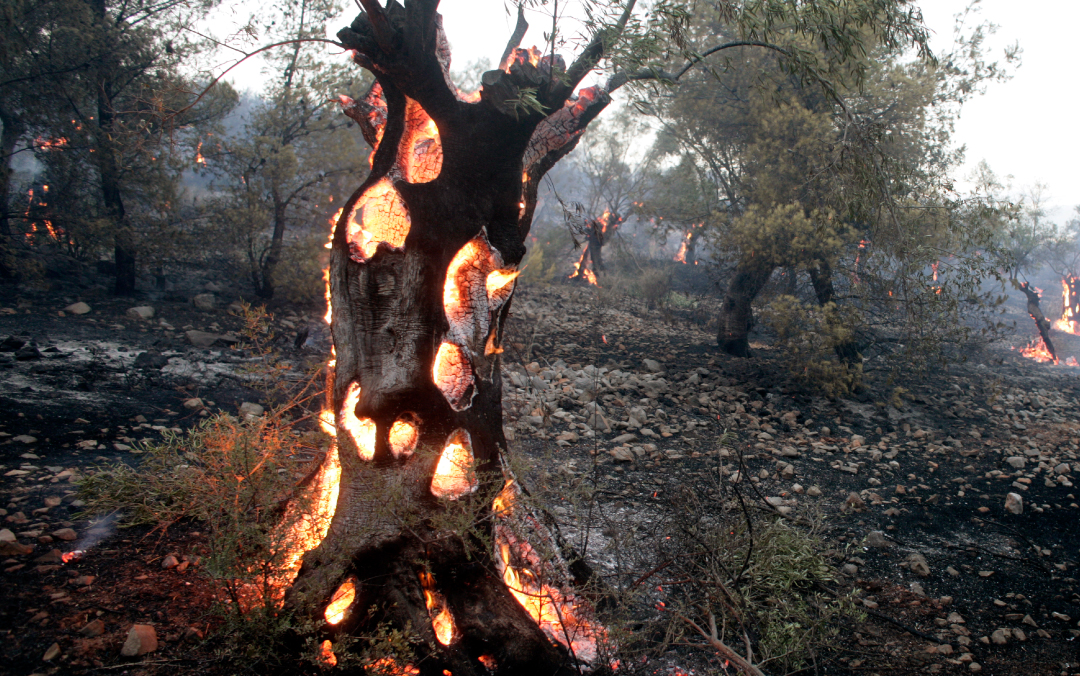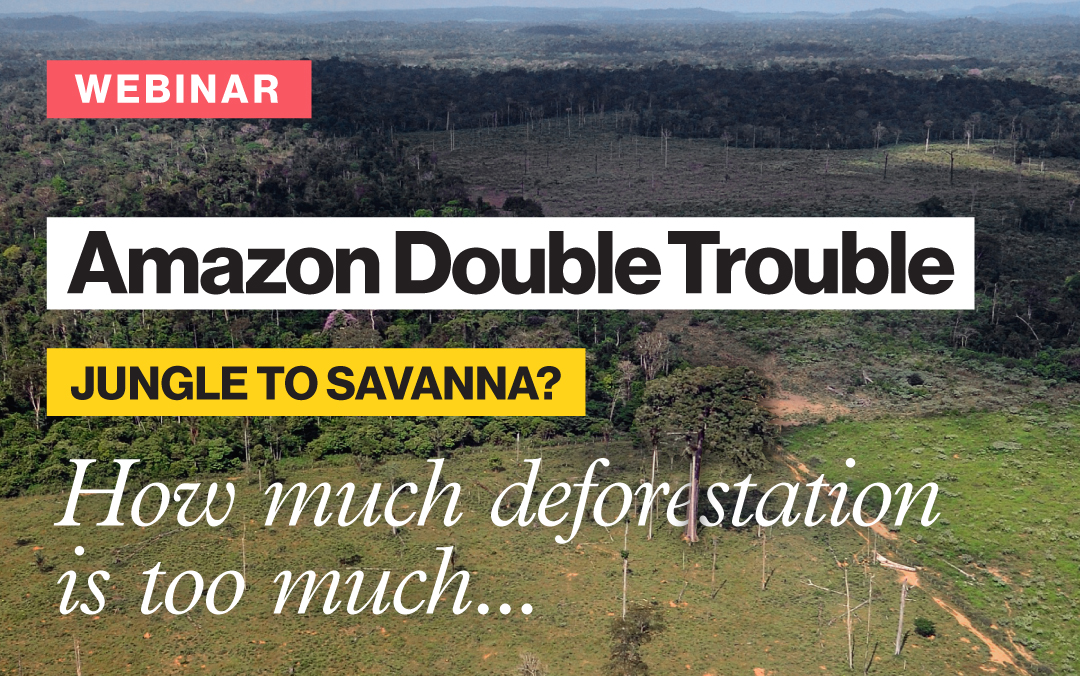The warning that humanity is pushing Earth beyond its limits isn’t new. Fifty years ago, Donella Meadows and colleagues sounded the alarm in Limits to Growth — a milestone report showing how unchecked growth and consumption could destabilize the planet.
Today, the Planetary Boundaries framework updates that message for the 21st century. Introduced by Johan Rockström and colleagues, it maps out a “safe operating space” for humanity by tracking nine critical Earth system processes. Six of them are already breached – from climate change and biodiversity loss to disrupted nutrient cycles, freshwater use, and chemical pollution.
But how do climate tipping points, such as ice sheet collapse, rainforest dieback, disrupted ocean currents, fit into this bigger picture?
That was the guiding question of our latest ClimTip webinar with Dr. Levke Caesar from the Potsdam Institute for Climate Impact Research (PIK). Caesar argued that planetary boundaries and tipping points are closely linked: boundaries define the “safe operating space” for humanity, while tipping point science shows how quickly and irreversibly that space can shrink.
She highlighted how control variables can be used to track resilience, why merging tipping-point insights into the boundaries framework is essential, and how this can inform planetary governance. More than a scientific exercise, it’s about policy, responsibility, and keeping Earth liveable.
“Six of nine boundaries are already transgressed. That’s not just a warning — it’s a call to rethink how we define risk and safety at the planetary scale.” – Dr. Levke Caesar.
Webinar Recording
You can watch the full webinar here to understand more how tipping points and planetary boundaries framework fit together.
Speaker profile
Dr. Levke Caesar is a climate scientist specializing in Earth system dynamics and planetary boundaries science. Her work focuses on understanding the impacts of human activities on global systems, with a particular emphasis on ocean circulation, climate tipping points, and sustainability. Dr. Caesar is co-leading the Planetary Boundaries Science team (PBScience), contributing to advancing the representation of Earth's systems in global frameworks. She combines expertise in data analysis, interdisciplinary collaboration, and science communication to drive impactful research and foster innovative solutions for global environmental challenges.
Image credit (thumbnail and opener): Design by Kuat Abeshev. Photo by Gaël Gaborel - OrbisTerrae on Unsplash.
Add to your Watchlist
For more conversations like this, explore the ClimTip webinar series and see how science is tackling the biggest challenges of climate tipping points.
Watch the previous webinar with Amber Boot on the Marine ecosystem response to Atlantic Ocean tipping elements.





